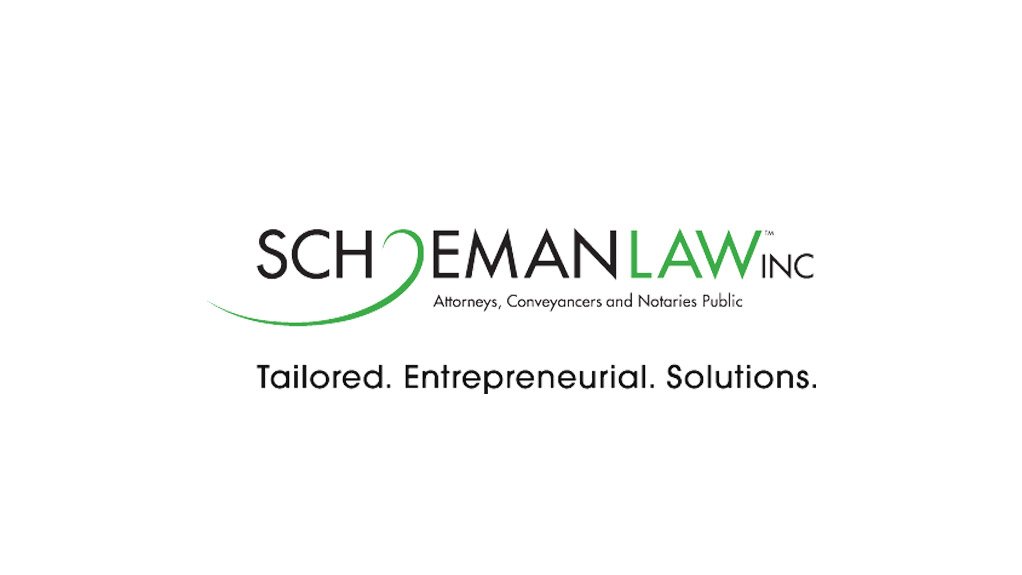On the backdrop of national lock-downs, government imposed sanitary measures and self-isolation; business owners are left with burning questions and neck-bending deliberations in relation to business survivability and contingency measures.
How prepared are we? Have all those “pre-informed” decisions and round-table discussions, in respect of business insurance, provided for the certain periods of business interruption and potential public liability risk that we are now faced with in this Covid-19 world?
Public Liability Insurance in Respect of Third-Parties
The Occupational Health and Safety Act 85 of 1993, provides that businesses need to ensure the health and safety of employees. Ordinarily businesses obtain third-party liability insurance which would cater for accidental injury, accidental illness or accidental death in respect of the use of their products or incidents which occur on their premises. Processing claims of this nature involves the relevant complainant discharging the onus of proving that the respective business was the cause of the injury sustained, illness or death.
Public liability insurance, normally a component of short term business insurance, on the other hand, would depend on the contents of the policy document. The causal nexus in regards to accidental injury, accidental illness or accidental death in respect of the use of their products or incidents which occur on their premises the remains the determining factor for a successful claim.
Business Interruption Under Covid-19
Besides growing concerns in respect of potential liability, as described above, there are relative financial risks that result from business interruption of this nature. Pertinent forms of potential loss under these circumstances, can be categorized, amongst others, as financial loss due the complete shut-down of a business; property damage and loss of assets due to vandalism, non-usage or buildings declared uninhabitable and furthermore the loss of human resources due to resignations, death or forced retrenchments.
Most insurance policies must be connected to a ‘damage event’ such as a fire or destruction, where during such event a business incurs damage and loss and furthermore, resultant business interruption. This kind of short-term insurance policy then covers for the business interruption linked to the damage event and appears to be the most common.
It is of paramount importance that the policy document and more specifically, the relevant exclusionary clauses, are scrutinized when determining whether a business will be appropriately covered during this period of national lock-down.
Conclusion
From a business perspective, the Covid-19 pandemic serves as a strong test in respect of internal structures and contingency measures put in place to ensure business survivability in volatile economic conditions. It appears that our safe-guards not only lie in the efficient implementation of pre-existing contingency plans, but also in our relative adaptability amongst such volatility.
Written by Raeesa Ebrahim, SchoemanLaw
EMAIL THIS ARTICLE SAVE THIS ARTICLE ARTICLE ENQUIRY
To subscribe email subscriptions@creamermedia.co.za or click here
To advertise email advertising@creamermedia.co.za or click here











